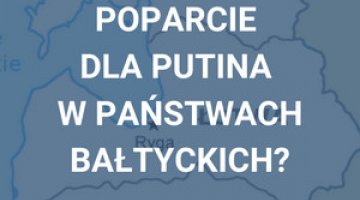The Luzhkov case rekindles controversies over Latvian immigration law
The Latvian government on 18 January rejected the application for permanent residence lodged by the former mayor of Moscow, Yuri Luzhkov. Although Luzhkov has made significant investments in Latvia, he has been deemed an undesirable alien since he has been criticising the Latvian government’s policy towards the Russian minority in public. The Luzhkov case has caused questions about the consequences of Latvian immigration law (which was amended in March 2010) to resurface.
The law was supposed to create a friendly atmosphere and to stimulate capital influx from the CIS (so far originating predominantly from Russia). This law contains an encouragement for investors from outside the EU as it gives them the right to apply for permanent residence in Latvia if they have invested at least 70,000 euros there. Resident status also allows for unrestricted movement within the Schengen Area. The amendment was initiated by Latvia’s First Party/Latvian Way, which promoted the influx of Russian capital to Latvia and co-operation with the Harmony Centre (HC), a party representing the Russian ethnic minority in Latvia. The two parties have created a government coalition in Riga city council, where an ethnic Russian, Nils Usakovs from HC, is the mayor.
Since the amendment’s effective date (July 2010), most of the more than a hundred investors from the CIS area have submitted applications for permanent residence. The increase in investment offers obvious economic benefits to Latvia. However, this also poses a serious risk to the country’s image due to the origin of the invested capital. Latvia has been criticised on many occasions by international organisations for tolerating capital originating from illegal transactions (from the CIS area). Latvia’s banking sector has faced numerous accusations of laundering dirty money. At present, there is concern that Latvia will be criticised even more intensively for facilitating illegal businesses to enter also the EU market as a consequence of this law’s operation in the long term. <jhyn>





